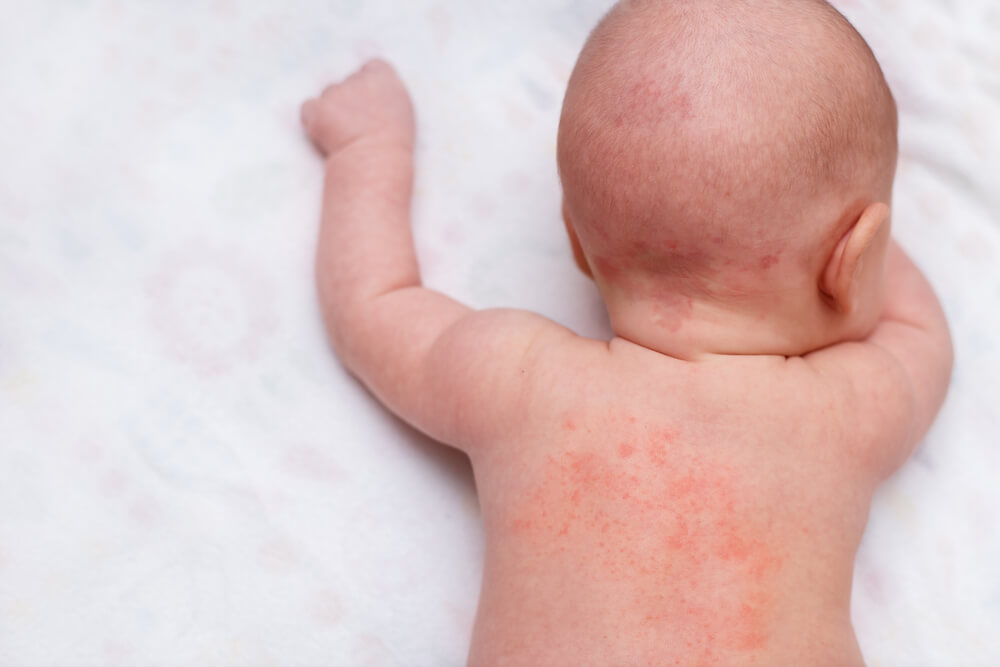Infant Meningitis
Newborn babies have the highest risk of all age groups of developing an illness known as meningitis. This condition happens when a baby has a weaker immune system and causes a higher vulnerability to viruses and other illnesses. The bacteria that cause meningitis can be transferred from the mother to the child. Normally, doctors will conduct a screening to try to identify the problem before it has the opportunity to materialize.

How Do Infants Get Exposed to It?
Doctors should test pregnant women for this bacteria to determine if they have it. That’s how infant meningitis arises: It gets exposed to the child. Not only does treatment help the mother, but it also ensures that the child doesn’t get put at risk for meningitis. A mother that gets exposed to the bacteria means the child gets exposed, too.
The several strains of bacteria that can cause meningitis include:
- Streptococcus pneumoniae
- Listeria monocytogenes
- Haemophilus influenzae
- Neisseria meningitidis
Doctors must test for the bacteria at 35 to 37 weeks into the pregnancy. This timing matters because the doctor can get a direct answer if the mother has Group B Strep that can get passed onto the child. This condition may get passed onto the child when they pass through the mother’s birth canal. Would-be mothers should especially exercise caution about contact with others who might have the bacteria. For example, they should avoid kissing anyone who has meningitis. Luckily, casual contact – such as a mother simply holding their child – won’t result in their baby getting infant meningitis.
What Can This Condition Do?
Baby meningitis is a birth disorder that gets passed from the mother onto the child. It is a bacterial infection that spreads from the brain and the spinal fluid. In general, doctors consider streptococcus pneumoniae and Neisseria meningitis as more dangerous than the viral forms of this disease. Normally, viral meningitis will resolve itself without the need for medication or treatment, but bacterial meningitis has a reputation for causing brain damage.
Symptoms of Meningitis
There are a few common symptoms that your child might exhibit if they have meningitis. The symptoms include:
- Muscle pain
- Sensitivity to light
- Fever
- Nausea
- Vomiting
- Confusion
- Cold hands or feet or mottled skin
This condition is known as one that is extremely severe. As such, you must get treatment for it as soon as possible. If you notice any of the signs or symptoms in your child, you should get them to see the doctor as soon as possible because you don’t want them to suffer a birth injury. Important to note, this illness can also lead to another injury known as cerebral palsy. This is a permanent disability that can lead to a lifetime of difficulties and financial stress. If your child develops cerebral palsy, it could be due to medical negligence.
